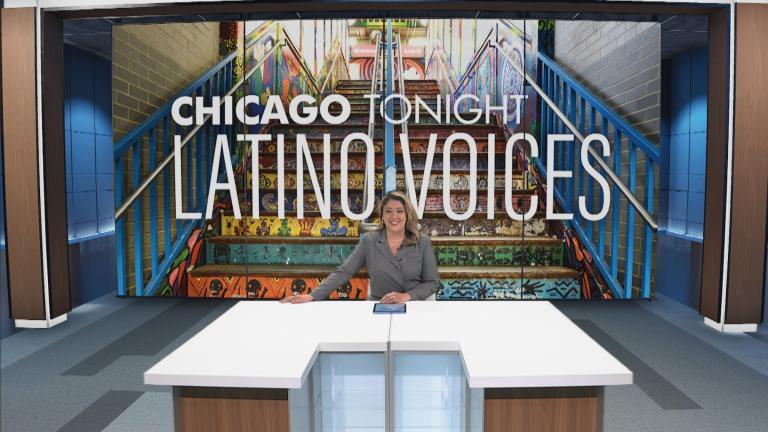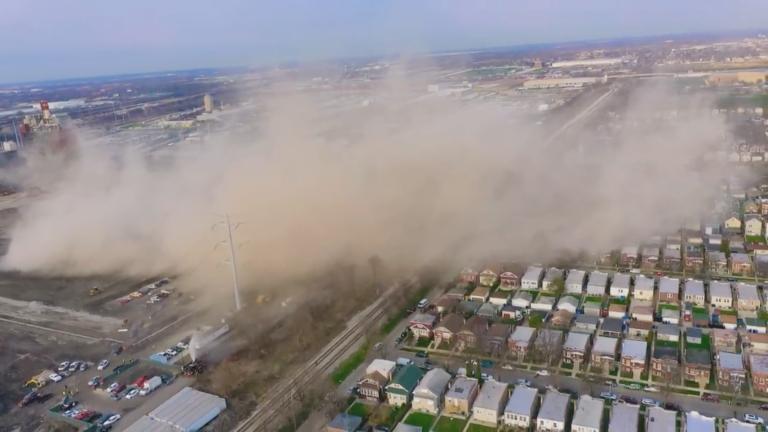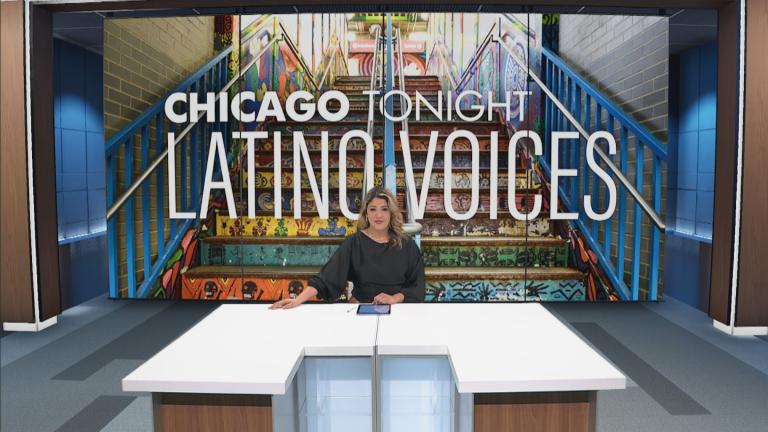More than 2,300 Latino Chicagoans have died from COVID-19 since March 2020, according to data from the Chicago Department of Public Health.
“This was a very traumatic experience for all of us,” said Alfredo Mena Lora, assistant professor of medicine at the University of Illinois-Chicago and medical director of infection control at Saint Anthony Hospital.
“Early on, the fear of COVID-19 was present throughout our communities and particularly in Latino communities, where the impact was disproportionate,” Mena Lora said. “And many in our Latino communities were essential workers and therefore had to work even during the lockdowns.”
This month marks three years since the World Health Organization declared COVID-19 a pandemic. As the Biden administration plans to end the public health emergency for COVID-19 in May, local efforts are working to ensure Latino communities aren’t being left behind in public health and beyond.
Illinois Unidos is a coalition of more than 150 health care workers, policy advocates, representatives from community-based organizations and elected and appointed officials that was formed in 2020 to fight COVID-19 in the Latino community and address COVID-19’s wide-ranging impacts.
Alejandra Ibañez, executive director of Illinois Unidos, said the lack of access to culturally competent COVID-19 information in Spanish and indigenous languages opened the door for misinformation and disinformation.
The pandemic also shed a light on inequities in the workplace and the disproportionate impact experienced by low-wage essential workers in warehousing, manufacturing, service industries and hospitality. For these reasons, Illinois Unidos is calling for the passage of HB 3131, the “Workplace Health and Safety Committee Act,” in Springfield.
“They couldn’t pivot a work from home, they had to work in person, they couldn’t physically distance, it really became an unsafe place,” Ibañez said.
Linda Tortolero, president and CEO of Mujeres Latinas en Accion, an agency with programs that address domestic violence and sexual violence, said that her organization saw an increase in both the number of domestic violence cases and the cases’ intensity.
Mujeres Latinas en Accion, as well as other community-based organizations, have used the “promotores de salud” model to help inform and connect residents to resources. Tortolero said this approach was vital during the pandemic.
“They have the trust of community members, they know the communities best, they live in those communities,” Tortolero said. “Because they are part of the community, they know some of the doubts and fears and concerns that may come from their family about taking the COVID-19 vaccine or finding health access.”
Geraldine Luna, medical director of the Chicago Department of Public Health, said mistrust in the COVID-19 vaccine was a stark reality the department faced and continues to face. Luna also said that as the focus shifts to recovery, investing in mental health is necessary.
“There is still a lot of work to do,” Luna said.








